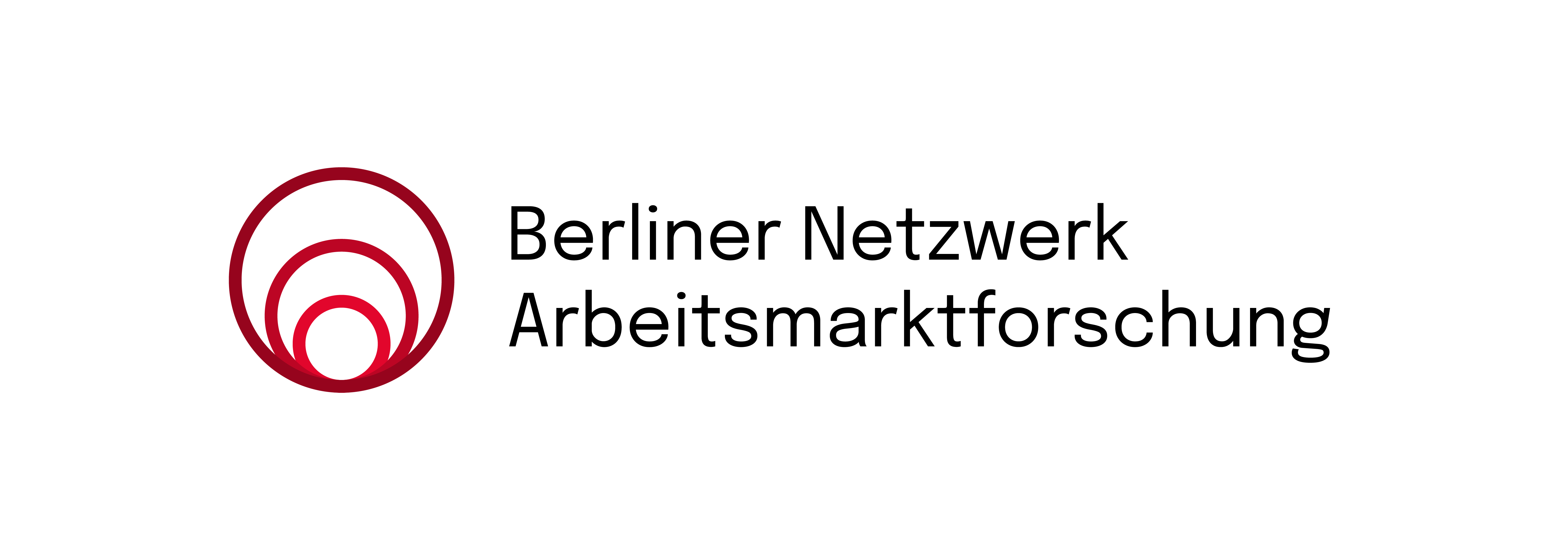The workshop “Causality in the Social Sciences II” will take place in October 8 and 9, 2020 at the German Centre for Higher Education Research and Science Studies (DZHW) in Hannover.
We kindly invite young researchers and distinguished scholars from the fields of social and political sciences, economics, philosophy, medical and health sciences and philosophy to contribute to our workshop titled “Causality in the Social Sciences II”. This subsequent workshop aims to discuss and reflect up-to-date developments in research and open questions on causality from an interdisciplinary perspective and focusses on three purposes:
- First, it deepens the understanding of causality in the social sciences on a theoretical-analytical level.
- Second, it highlights research designs and statistical methods to support causal interpretation on an applied empirical level. This implies experimental research designs (field and laboratory experiments) as well as estimation strategies for observational data such as matching, instrumental variables, selection correction models, panel regression, regression discontinuity design, and difference-in-differences approaches, and the critical reflection of strengths and pitfalls.
- Third, it provides a place to discuss results of replication studies directly confronting naïve and more sophisticated estimation strategies: Do different methods provide different results?
Hence, core questions to be addressed are related to the general relation between description and explanation, the counterfactual approach itself, adequate estimation strategies for causal inference, advantages and disadvantages of experimental and observational data. But, the workshop is also open to other aspects related to causality and causal inference.
The following two speakers will provide keynotes on:
- Prof. Dr. Felix Elwert (University of Wisconsin-Madison, USA)
- N.N.
Besides these general talks, young scholars (PhD students and PostDocs) have the opportunity to present and reflect on how far aspects of causality are important for their research (15-20 minutes presentations and 10-15 minutes discussion). The presentations will be discussed by the invited keynote speakers as well as all the other workshop participants.
Applications have to be sent by e-mail (causality@dzhw.eu) before May, 31st 2020, and should include
a) an abstract of the paper that will be presented (up to 500 words)
b) a brief CV (one page).
You can find the Call for Papers as PDF here.
Find more information here.
